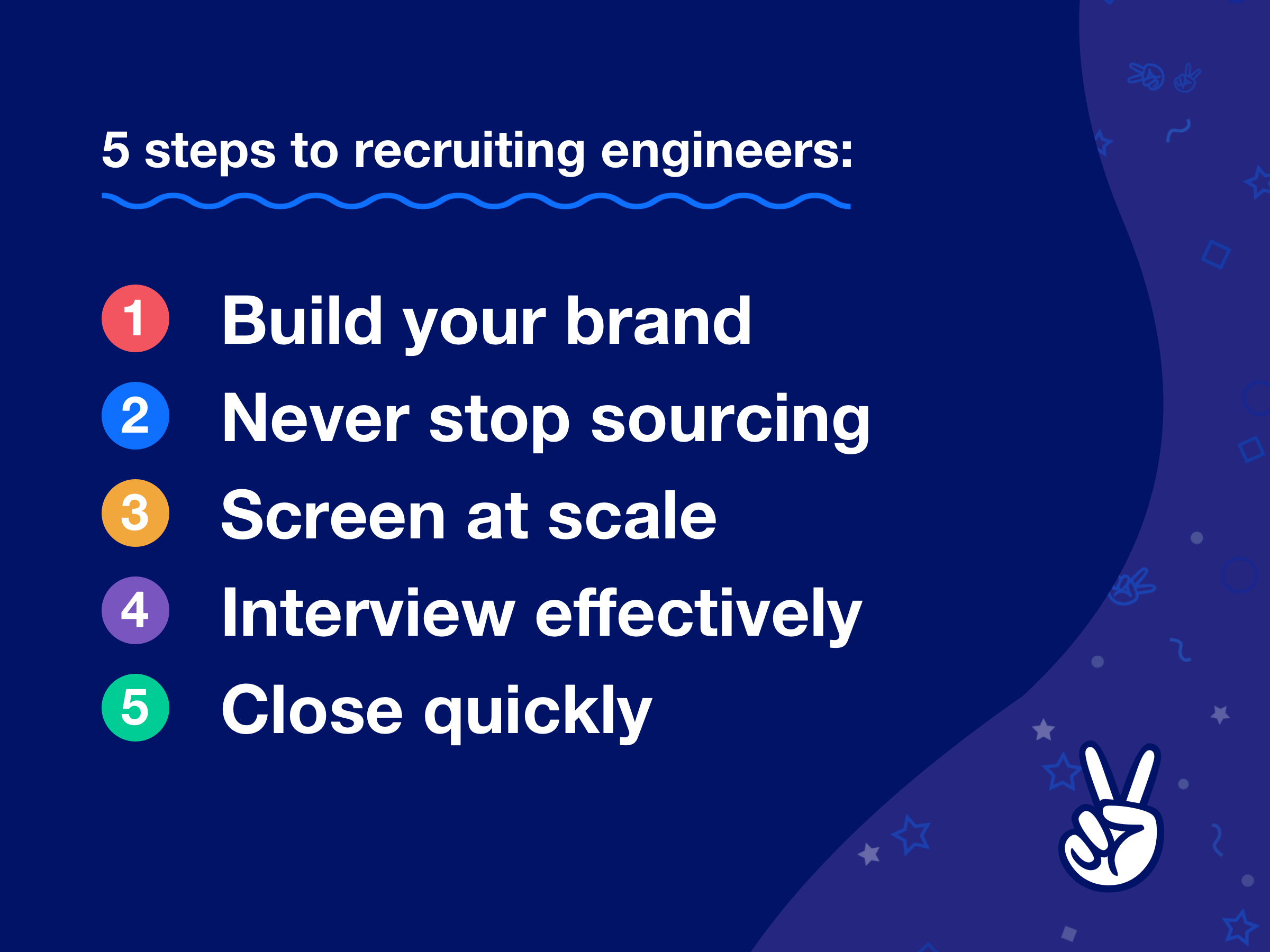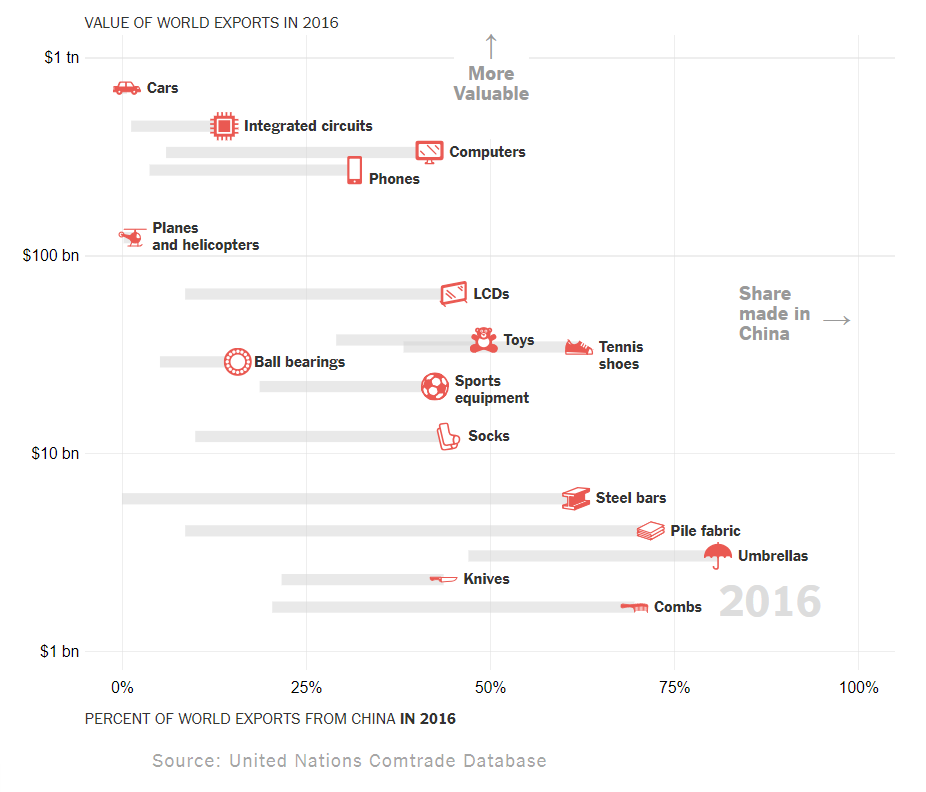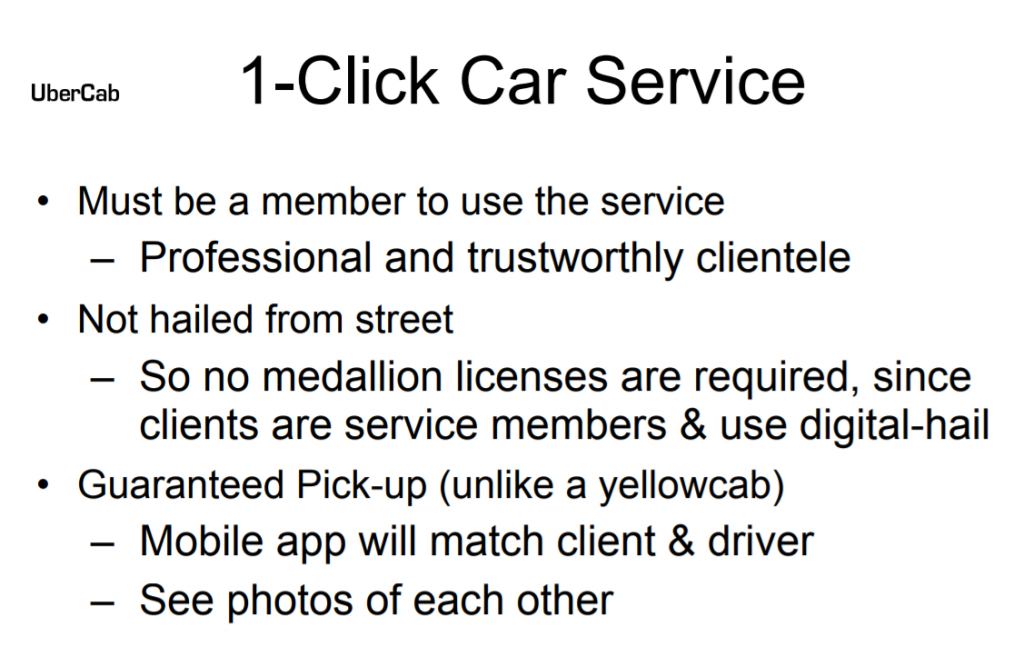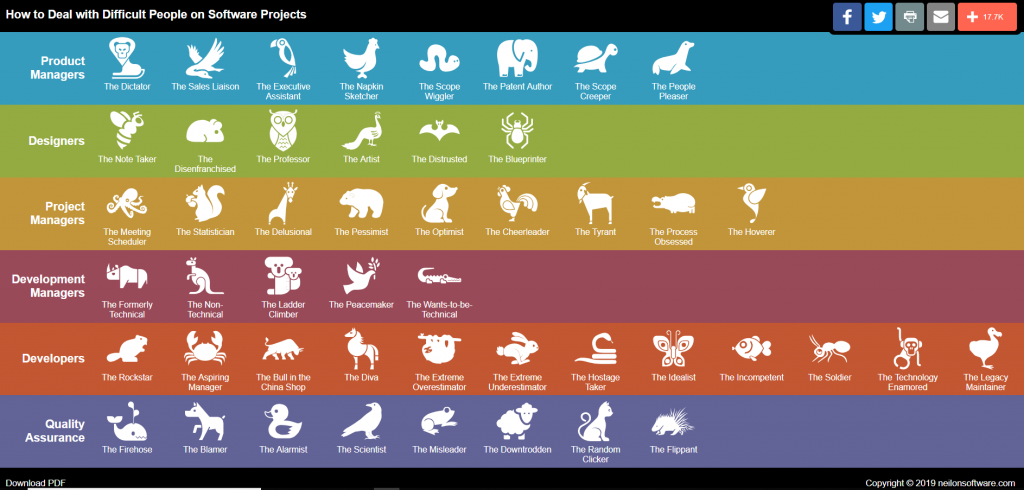Sections
Information War
[avatar user=”malm” size=”small” align=”left” link=”file” /]
Renee DiResta in an essential article entitled The Digital Maginot Line asserts that we are already in a World War being fought on global technology platforms like Facebook and Twitter:
..an Information World War in which state actors, terrorists, and ideological extremists leverage the social infrastructure underpinning everyday life to sow discord and erode shared reality. The conflict is still being processed as a series of individual skirmishes – a collection of disparate, localized, truth-in-narrative problems – but these battles are connected. The campaigns are often perceived as organic online chaos driven by emergent, bottom-up amateur actions when a substantial amount is, in fact, helped along or instigated by systematic, top-down institutional and state actions. This is a kind of warm war; not the active, declared, open conflict of a hot war, but beyond the shadowboxing of a cold one.
The actors in this war are a collection of state actors and digital mercenaries that want to destroy the global consensus that has broadly prevailed since the Second World War. They are largely invisible to ordinary citizens but moving and mutating all the time. Increasingly they are incorporating street activism and violent street protest as part of the mix:
Combatants evolve with remarkable speed, because digital munitions are very close to free. In fact, because of the digital advertising ecosystem, information warfare may even turn a profit. There’s very little incentive not to try everything: this is a revolution that is being A/B tested. The most visible battlespaces are our online forums — Twitter, Facebook, and YouTube — but the activity is increasingly spreading to old-school direct action on the streets, in traditional media outlets, and behind closed doors, as state-sponsored trolls recruit and manipulate activists, launder narratives, and instigate protests.
We need to wake up fast or we will face a new fractured global reality within a few years. The action taken thus far by the US in particular DiResta argues have been minimal and low-level. Winning this war will take an awful lot more effort and it is not at all certain we will prevail:
Influence operations exploit divisions in our society using vulnerabilities in our information ecosystem. We have to move away from treating this as a problem of giving people better facts, or stopping some Russian bots, and move towards thinking about it as an ongoing battle for the integrity of our information infrastructure – easily as critical as the integrity of our financial markets.
Technology
The NewYorker profile of the friendship between Jeff Dean and Sanjay Ghemawat is a brilliant observation of the power of pair programming and for once a reflection of what made Google great in the first place. It’s full of wonderful insights into Google culture such as this on Engineering levels:
Today, Google’s engineers exist in a Great Chain of Being that begins at Level 1. At the bottom are the I.T. support staff. Level 2s are fresh out of college; Level 3s often have master’s degrees. Getting to Level 4 takes several years, or a Ph.D. Most progression stops at Level 5. Level 6 engineers—the top ten per cent—are so capable that they could be said to be the reason a project succeeds; Level 7s are Level 6s with a long track record. Principal Engineers, the Level 8s, are associated with a major product or piece of infrastructure. Distinguished Engineers, the Level 9s, are spoken of with reverence. To become a Google Fellow, a Level 10, is to win an honor that will follow you for life. Google Fellows are usually the world’s leading experts in their fields. Jeff and Sanjay are Google Senior Fellows—the company’s first and only Level 11s.

An entertaining Medium post on 15 unconventional uses of voice technology includes Sad Bunny:
Fifty years on, Doug Englebart’s “Mother of all Demos” remains the benchmark for “one more thing” presentational shock and awe:
Amazon
Amazon Channels will generate roughly $1.7 billion in revenue in 2018, an eye-watering sum and major validation of the aggregated subscription approach adopted:
The three-year-old service — currently available in the U.S., U.K., Germany and Japan — will pay out an estimated $1.2 billion this year, per the report. By 2020, that number is expected to grow to $2.5 billion as Amazon’s Channels revenue grows to $3.6 billion.
AWS is also generating huge revenues for Amazon and there seems to be a growing belief it will be spun off into a separate company that would be one of the 10 biggest in the world as a separate entity creating a huge windfall in the process for Amazon shareholders.
Artificial Intelligence
The question of how to teach children to become more AI literate has grown in importance over the last few years as the technology becomes more pervasive. Cognimates is one attempt to solve the problem. It an open source AI platform developed at the Personal Robots group at MIT:
Walmart are planning to use AI janitors to scrub store floors opening up a new front in the debate on technological unemployment. Amazon employ thousands of Kiva robots and random stow but Walmart sorts your aisle with Auto-C:
Brain Corp. makes the robot floor scrubbers, called the Auto-C, powered by the company’s BrainOS technology platform, which includes autonomous navigation that uses multiple sensors to scan the robots’ surroundings for obstacles, like people.

Google’s DeepMind “is now showing human-like characteristics” in the latest incarnation of AlphaZero which is now capable of learning the rules of chess from no knowledge to superhuman level within a few hours. The Lawnmower Man cometh:
After just a few hours of mental sparring, AlphaZero went up against the world’s most powerful chess machine, Stockfish, which is able to calculate 60 million moves a second. AlphaZero came out comfortably victorious. In a 1,000-game match, AlphaZero bested Stockfish 155 times, losing only six games and drawing the remaining fixtures.
It’s worth reflecting given the above on the long and ancient origins of automation:
The first written use of the word ‘automaton’ in Western literature appeared in Homer’s Iliad, recounting the marvelous self-moving and intelligent machines fabricated by Hephaestus, the blacksmith god of invention and technology. … It wasn’t until around the Middle Ages … that we humanfolk began to widely fear automated machines as forces that could run dangerously amok, and not until the Industrial Revolution as agents capable of eliminating jobs our very humanity … when automation began to threaten the livelihoods of the educated and the upper classes.

China
Tremendous NYT interactive on how China became an industrial superpower examines how it went from making shoes and umbrellas to computers and phones and how the next stage of exporting higher value integrated circuit tech IP is going to be a lot harder:
The arrest of Huawei CFO Meng Wanzhou in Canada is going to have massive ramifications for US-China relationships particularly at tech elite level. It seems inevitable that the impact will be felt soonest by US tech leaders like Apple whose business is heavily reliant on China sales:
“Out of national security consideration, we can start thinking about the possibility of ousting Apple from China,” Fang Xingdong, the founder of ChinaLabs, a technology think tank in Beijing, wrote on WeChat.
Startups
Fascinating collection of startup pitch decks including Uber’s seed pitch deck from December 2008:
Joi Ito in a strange Wired post tries to tie in evolutionary Extinction Level Events with the history of the internet in musing on what’s next following the Great Digitization Event (GDE). He suggests that the hippie counterculture of the 60’s and 70’s that gave birth to the Internet has largely failed but has left behind some useful tools that will assist Generation Z in building the future:
Today, much of the carefree, welcoming early sensibility of the movement has given way to Singularity’s obsession with exponential growth. Timothy Leary and his famous “Question authority and think for yourself” and “Turn on, tune in, drop out” have turned from an aspirational call to a systematic destruction of our institutions and Silicon Valley startups disrupting traditional companies. …. Legacy businesses have been disintermediated by the rise of companies built around the internet which have, within a very short period, exerted dominion over the world. This is the GDE.
Ito is right to be disillusioned about where we’ve got to. The Atlantic highlights evidence that “Millennials are on track to be the least entrepreneurial generation in recent history”:
Research suggests entrepreneurial activity has declined among Millennials. The share of people under 30 who own a business has fallen to almost a quarter-century low, according to a 2015 Wall Street Journal analysis of Federal Reserve data. A survey of 1,200 Millennials conducted in 2016 by the Economic Innovation Group found that more Millennials believed they could have a successful career by staying at one company and attempting to climb the ladder than by founding a new one.
Engineering Leadership
How to think differently about “messy and unscoped projects” as a learning opportunity for your staff:
the best gift you can give your direct reports is a messy, unscoped project with a bit of a safety net. This kind of project creates the biggest opportunity for someone to grow as a leader
Angel.co advice on hiring world class engineers boils down to this:

The reason it matters and that you pay attention is because every company is now a tech company and developers are central to future success.
This handy categorisation of different co-worker types is simply brilliant and hilarious. Must resist the temptation to become the Formerly Technical Manager:
Software
Deploying a Keras-based Flask web app on AWS:
We truly live in incredible times: with Flask we can develop a Python web app in a few minutes and then we can deploy it to the world free with AWS. The general process we followed was: develop a web application (in Python preferably), rent commodity hardware from a cloud provider, and deploy a web application to the world.
Python remains hugely popular for all sorts of development especially anything involving machine learning or data science. Rust is arguably still too hard for general use. This short code snippet showing how to generate P10, P50 and P90 metric data from a distribution using Pandas is a great illustration of the raw power of Python for data analysis:
import pandas as pd import numpy as np df = pd.DataFrame(np.array([[1, 1], [2, 2], [3, 2], [4, 10]]), columns=['a', 'b']) df.b.quantile([.1, .5, .9])
The state of JavaScript in 2018 reveals that React is top of the pile right now in terms of goto web framework but one senses it wears its crown uneasily:
Google’s Foobar challenge is ingenious:
The unique thing about the Foobar challenge is that it finds you. And not in the way that an unsolicited recruiting email or salesy text message “finds you”. It finds you by tracking your search activity and (seemingly) matching it to known needs in Google’s engineering departments.
Science
Everything about the Permian extinction is beyond imagination and yet we’re a tenth of the way there with the level of global warming today:
The mass extinction, known as the “great dying”, occurred around 252m years ago and marked the end of the Permian geologic period. The study of sediments and fossilized creatures show the event was the single greatest calamity ever to befall life on Earth, eclipsing even the extinction of the dinosaurs 65m years ago.
Up to 96% of all marine species perished while more than two-thirds of terrestrial species disappeared. The cataclysm was so severe it wiped out most of the planet’s trees, insects, plants, lizards and even microbes.
Reusable coffee cups and tote bags seem like straw in the whirlwind in comparison when faced with the Hyperobject that is climate change. Wired explore the truth about what you can do to be more climate-friendly.
Stephen Hawking in his last book Brief Answers to the Big Questions explains how the universe could arise from nothing if we consider space as having negative energy which counterbalances the positive energy created in the Big Bang. A similar idea is at play in recent research from Oxford University outlined here by Dr James Farnes:
“We now think that both dark matter and dark energy can be unified into a fluid which possesses a type of ‘negative gravity,” repelling all other material around them. Although this matter is peculiar to us, it suggests that our cosmos is symmetrical in both positive and negative qualities.”
The existence of negative matter had previously been ruled out as it was thought this material would become less dense as the Universe expands, which runs contrary to our observations that show dark energy does not thin out over time. However, Dr. Farnes’ research applies a ‘creation tensor,” which allows for negative masses to be continuously created. It demonstrates that when more and more negative masses are continually bursting into existence, this negative mass fluid does not dilute during the expansion of the cosmos. In fact, the fluid appears to be identical to dark energy.
Society and Culture
Annalisa Barbieri summary of what she’s learnt in ten years as an agony aunt conveys an awful sadness with the narrowly parochial nature of so many complaints and litany of family relationship miseries.
Astonishing tour de force on Breaker from Laurie Penny on the wild and disturbing experience of being trapped at sea for four days with Crypto’s noveau riche techno-utopians:
no amount of mathematics can delete human prejudice, and no ledger can logic away human cruelty. If the crypto community hasn’t realized that yet, it soon will.
Tremendous read on Anthony Bourdain, the Last Curious Man who passed away earlier this year.
Politics
Nixon is 10 miles back compared to what’s going on in America under Trump:
Brother, Nixon is 10 miles back in the rearview mirror at this point https://t.co/qANaClC4d5
— Rick Wilson (@TheRickWilson) December 8, 2018
As Brexit lurches from disaster to disaster, Ian Dunt is brutal in his assessment of May’s week from hell when her failings “came together in a festival of inadequacy“:
Her current strategy is to tell Remainers that the consequence of rejecting her deal is no-deal and to tell Brexiters that the consequence is no-Brexit. Everyone gets their own bogeyman. But she does not seem to have realised that both sides can hear her when she says these things. So the Remainers listen to the part where she says there’ll be no Brexit and the Brexiters listen to the part where she says there’ll be no-deal. It’s like someone having a WhatsApp conversation on Twitter.


